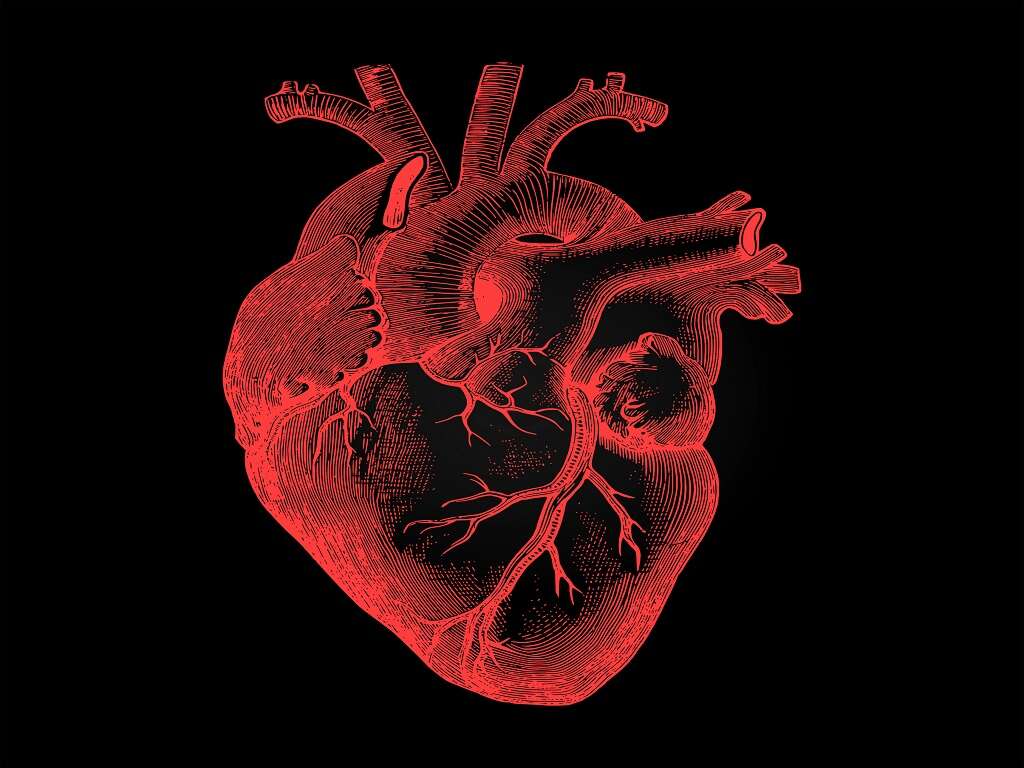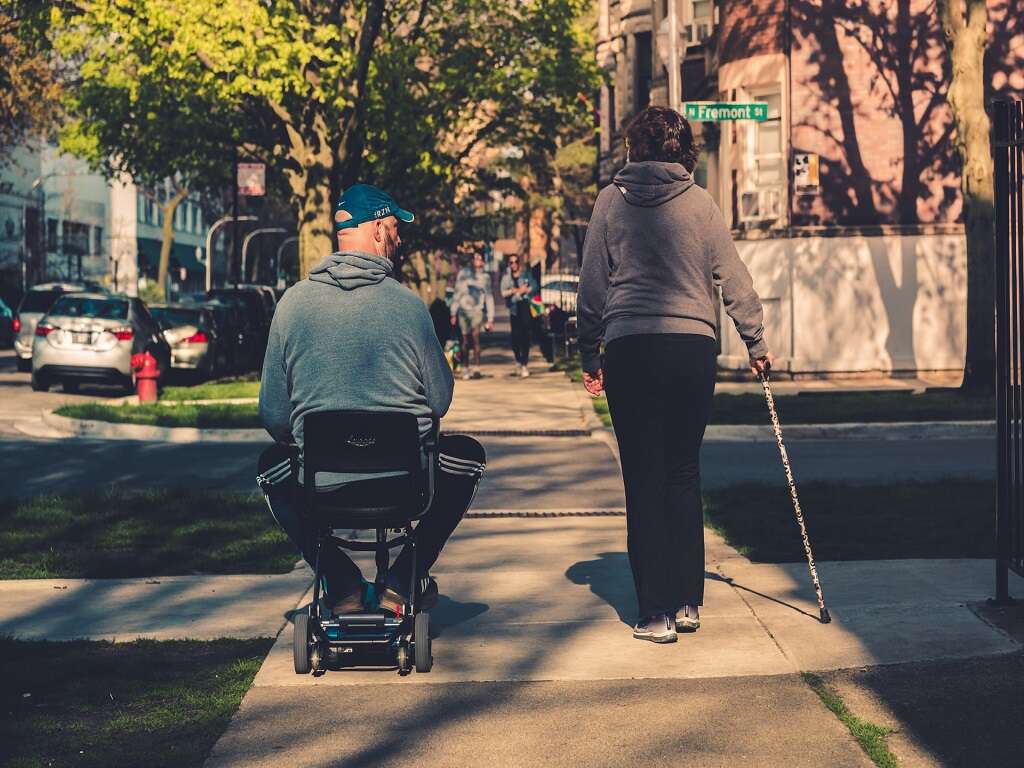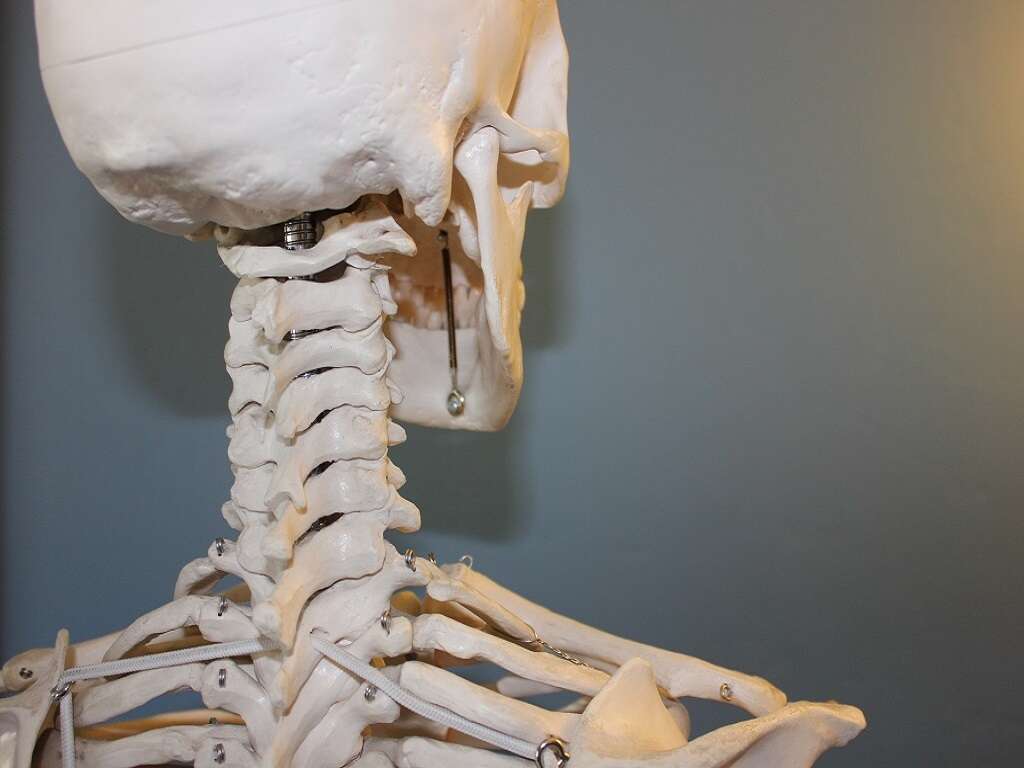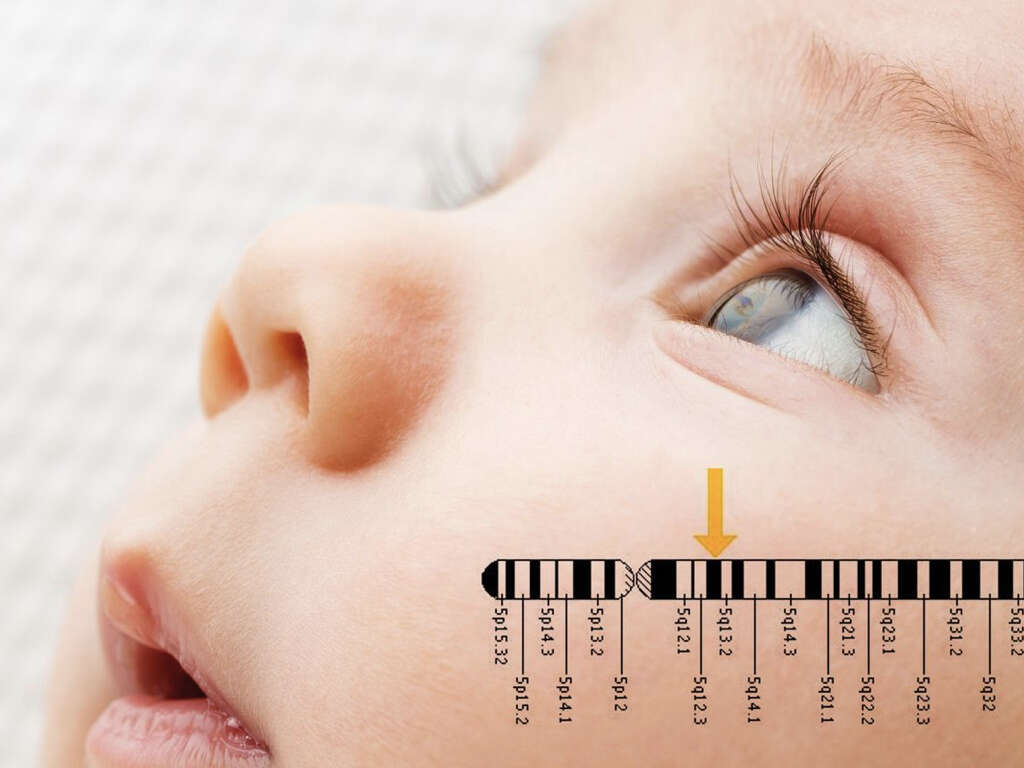10 Ataxia Symptoms
 Article Sources
Article Sources
- 1. NHS Choices, NHS, www.nhs.uk/conditions/ataxia/.
- 2. 'What Is Ataxia?' National Ataxia Foundation, 10 Sept. 2020, ataxia.org/what-is-ataxia/
- 3. 'Chapter 15: Assistive Technology for Written Communication - A-T Childrens Project.' A, www.atcp.org/about-ataxia-telangiectasia/caregiver-resources/chapter-15-assistive-technology-for-written-communication/.
- 4. Kalia, Lorraine V, et al. 'Tremor in Spinocerebellar Ataxia Type 12.' Movement Disorders Clinical Practice, John Wiley and Sons Inc., 10 Apr. 2014, www.ncbi.nlm.nih.gov/pmc/articles/PMC6183183/#:~:text=Tremors as part of a,stance tremor, and voice tremor.&text=These tremors result from cerebellar,ataxic signs of comparable severity.
- 5. 'Tremor.' Multiple Sclerosis Society UK, www.mssociety.org.uk/about-ms/signs-and-symptoms/tremor.
- 6. NHS Choices, NHS, www.nhs.uk/conditions/ataxia/treatment/.
- 7. 'Ataxia: Symptoms, Causes, Treatments.' Cleveland Clinic, my.clevelandclinic.org/health/diseases/17748-ataxia#:~:text=Episodic ataxia can develop at,vision, and nausea and vomiting.
- 8. Aaron M. McMurtray M.D.David G. Clark M.D.Mary K. Flood R.N., et al. 'Depressive and Memory Symptoms as Presenting Features of Spinocerebellar Ataxia.' The Journal of Neuropsychiatry and Clinical Neurosciences, 1 July 2006, neuro.psychiatryonline.org/doi/full/10.1176/jnp.2006.18.3.420.
- 9. Fatigue and Ataxia. NHS, publicdocuments.sth.nhs.uk/pil3716.pdf.
- 10. Stolze, H, et al. 'Typical Features of Cerebellar Ataxic Gait.' Journal of Neurology, Neurosurgery & Psychiatry, BMJ Publishing Group Ltd, 1 Sept. 2002, jnnp.bmj.com/content/73/3/310.
- 11. Tang, Sherry Y, and Aasef G Shaikh. 'Past and Present of Eye Movement Abnormalities in Ataxia-Telangiectasia.' Cerebellum (London, England), U.S. National Library of Medicine, June 2019, www.ncbi.nlm.nih.gov/pmc/articles/PMC6751135/.
Ataxia is a term for a group of nervous system disorders that affect coordination and speech.1NHS Choices, NHS, www.nhs.uk/conditions/ataxia/. It can be caused by many things: trauma, stroke, brain damage or it can be associated with certain genetic diseases. If a person has ataxia, they may have difficulty walking, swallowing, speaking or writing.
While ataxia is usually a lifelong health problem, treatments can help manage symptoms or even resolve the condition. Paying attention to symptoms of ataxia symptoms as they develop can help doctors and those living with the condition choose the best treatments for a longer, healthier life.1NHS Choices, NHS, www.nhs.uk/conditions/ataxia/.

1. Lack of Coordination
Lack of coordination is one of the most visible symptoms, and it’s the symptom that defines ataxia. Because ataxia affects the nervous system, the lack of coordination is often far more severe than average clumsiness.
Ataxia makes voluntary muscle movements difficult. A person with ataxia may lose their balance frequently, especially while walking. This lack of coordination can also affect fine motor skills like writing. These symptoms often get worse over time; how quickly this happens depends on the type of ataxia. Therapy and medication can help slow the loss of muscle control.2‘What Is Ataxia?’ National Ataxia Foundation, 10 Sept. 2020, ataxia.org/what-is-ataxia/

2. Tremors
Not only is it difficult for a person with ataxia to control voluntary movements, but many people also experience involuntary trembling movements. Tremors can occur in the limbs or voice and often indicate damage to the cerebellum, a part of the brain that controls movement.4Kalia, Lorraine V, et al. ‘Tremor in Spinocerebellar Ataxia Type 12.’ Movement Disorders Clinical Practice, John Wiley and Sons Inc., 10 Apr. 2014, www.ncbi.nlm.nih.gov/pmc/articles/PMC6183183/#:~:text=Tremors as part of a,stance tremor, and voice tremor.&text=These tremors result from cerebellar,ataxic signs of comparable severity.
Tremors are relatively common in people with multiple sclerosis. A tremor may be barely noticeable, but in some cases, the shaking is severe enough to interfere with daily activities like eating.5‘Tremor.’ Multiple Sclerosis Society UK, www.mssociety.org.uk/about-ms/signs-and-symptoms/tremor.

3. Slurred Speech
An observer could mistake a person with ataxia for someone who’s drunk. People with ataxia are prone to stumbling, and the way they speak can be slow and unclear. Don’t assume that difficulty communicating means they have nothing to say.
This is because ataxia can make it difficult to use the mouth and throat muscles that control speech.2‘What Is Ataxia?’ National Ataxia Foundation, 10 Sept. 2020, ataxia.org/what-is-ataxia/ Speech therapy and assistive technology can help a person with ataxia communicate.3‘Chapter 15: Assistive Technology for Written Communication - A-T Childrens Project.’ A, www.atcp.org/about-ataxia-telangiectasia/caregiver-resources/chapter-15-assistive-technology-for-written-communication/.

4. Muscle Cramps
Not all people with ataxia experience muscle cramps and spasms, but this symptom can be painful and make movement even more difficult. Severe muscle pain, whether chronic or suddenly occurring, is a good reason to check in with a doctor.
Physiotherapy can make muscles stronger and less prone to locking up. Medication can also help, and in severe cases, Botox may be recommended to help block pain signals to the affected muscle.6NHS Choices, NHS, www.nhs.uk/conditions/ataxia/treatment/.

5. Dizziness
Ataxia is not always constant. While many people experience ataxia as an ongoing condition, there’s also episodic ataxia. This type can affect people a few times a year or a few times a day. It can get worse in response to stress or physical exertion and comes with unique symptoms.
People may experience sudden ataxia marked by loss of coordination alongside blurry vision, headaches, and severe dizziness or vertigo. Medication may be needed to help control the severity of these episodes.7‘Ataxia: Symptoms, Causes, Treatments.’ Cleveland Clinic, my.clevelandclinic.org/health/diseases/17748-ataxia#:~:text=Episodic ataxia can develop at,vision, and nausea and vomiting.

6. Depression
Ataxia can be a painful, frustrating and isolating condition. Studies have indicated a link between genetic ataxia and depression. However, it’s not clear whether this is caused by ataxia itself or by the isolation, frustration and discrimination those living with ataxia can experience.8Aaron M. McMurtray M.D.David G. Clark M.D.Mary K. Flood R.N., et al. ‘Depressive and Memory Symptoms as Presenting Features of Spinocerebellar Ataxia.’ The Journal of Neuropsychiatry and Clinical Neurosciences, 1 July 2006, neuro.psychiatryonline.org/doi/full/10.1176/jnp.2006.18.3.420.
Depression can be helped with medication, therapy, and opportunities to connect with other people. It’s important that those living with ataxia are offered these resources when needed.

7. Fatigue
Fatigue is persistent, overwhelming tiredness. Many people with ataxia report fatigue with no obvious cause. While some of the fatigue is assumed to be due to pain, poor sleep or dehydration, the level of exhaustion is often more than can be explained by the condition.
A person with ataxia may need to rest more frequently than other people and take on fewer tasks during the day. A specialist neurotherapist can help with exercises to increase muscle strength and energy.9Fatigue and Ataxia. NHS, publicdocuments.sth.nhs.uk/pil3716.pdf.

8. Walking Abnormally
The way a person with cerebellar ataxia walks can be very distinctive. They may have their legs spread wider apart than usual. Their steps could be irregular, and they might frequently lean or even fall to the side. Many people take small, shuffling steps to compensate for the difficulty walking.
How a person with ataxia walks depends on the surface, speed, time walking, type and severity of their particular disorder, but some living with ataxia may benefit from using a walker or wheelchair.10Stolze, H, et al. ‘Typical Features of Cerebellar Ataxic Gait.’ Journal of Neurology, Neurosurgery & Psychiatry, BMJ Publishing Group Ltd, 1 Sept. 2002, jnnp.bmj.com/content/73/3/310.

9. Abnormal Eye Movement
Many causes of ataxia can affect eye movement, and vision and abnormalities are so frequent in ataxia-telangiectasia (AT), the second most common type of genetic ataxia, that doctors sometimes use this to diagnose it.
People with AT often look like their eyes are shaking or moving in circles. They may blink frequently or jerk their heads to help their eyes focus. Sometimes their eyes will move slowly or with difficulty.11Tang, Sherry Y, and Aasef G Shaikh. ‘Past and Present of Eye Movement Abnormalities in Ataxia-Telangiectasia.’ Cerebellum (London, England), U.S. National Library of Medicine, June 2019, www.ncbi.nlm.nih.gov/pmc/articles/PMC6751135/. Medication or special glasses may be used to help treat this symptom.6NHS Choices, NHS, www.nhs.uk/conditions/ataxia/treatment/.

10. Heart Problems
The most common type of inherited ataxia is Friedreich’s ataxia. This genetic disorder often starts to develop between the ages of 5 and 15. Friedreich’s ataxia often comes with hypertrophic cardiomyopathy, a condition that weakens the heart.7‘Ataxia: Symptoms, Causes, Treatments.’ Cleveland Clinic, my.clevelandclinic.org/health/diseases/17748-ataxia#:~:text=Episodic ataxia can develop at,vision, and nausea and vomiting.
Heart troubles are among ataxia’s most dangerous symptoms, as they can severely shorten a person’s life if not treated properly. A cardiologist can help monitor the heart and prescribe necessary medication.6NHS Choices, NHS, www.nhs.uk/conditions/ataxia/treatment/.











